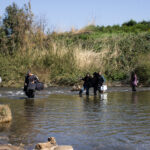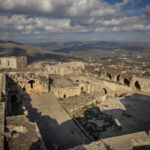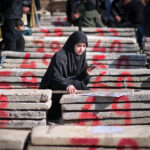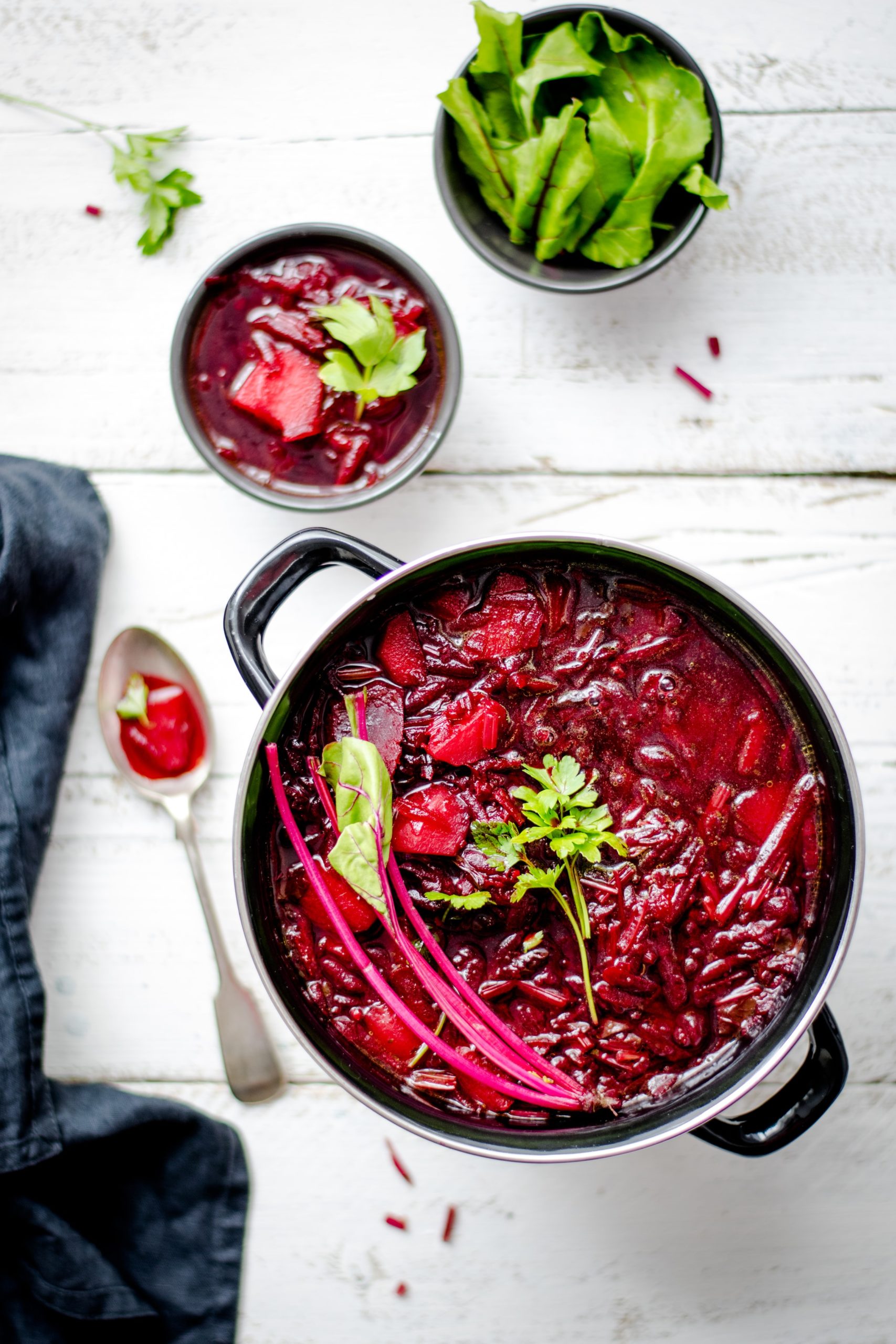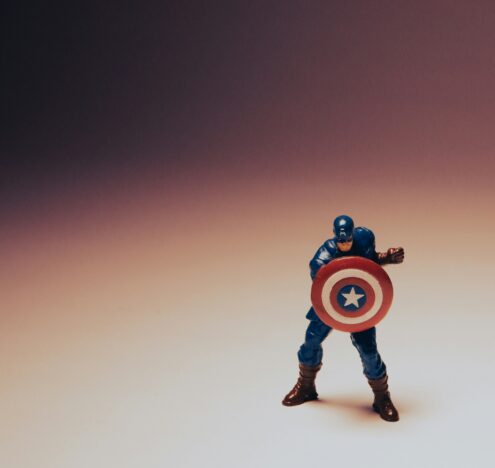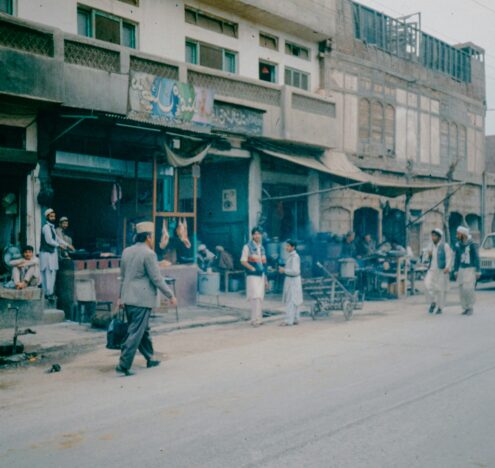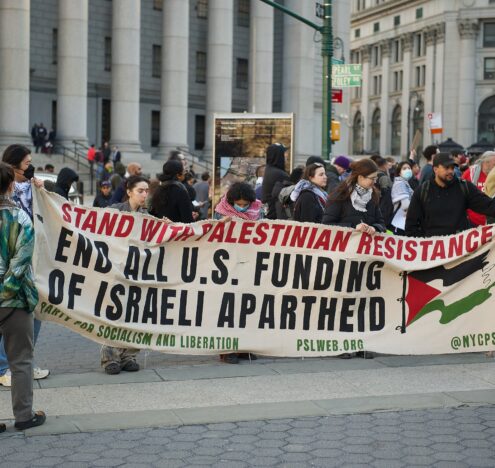Ukrainians somberly marked their Independence Day this year: Aug. 24, which is exactly six months after Russia invaded the country. On the 31st anniversary of Ukraine’s decision to separate from the Soviet Union, residents of cities like Kyiv went to work, hoping for a celebration soon. They are waiting for when the nation will declare victory in this illegal war that has taken thousands of lives, costs billions in national treasure, and upset the European world order, not to mention the security of global food supplies.
But it is time to celebrate one war that has ended in a victory for Ukraine. The borsch wars between Ukraine and Russia over who owns the beet soup are finally over, thanks to the intervention of a UN agency. On Friday, Jul. 1, Ukraine’s version of borsch was added to the United Nation’s list of Cultural Heritage.
HOW THE BORSCH WAR BEGAN
The UN Economic, Social and Cultural Organization (UNESCO) is the keeper of the Convention Concerning the Protection of the World Cultural and Natural Heritage. Using the convention’s emergency provisions for expedited treatment, UNESCO granted Ukraine’s application for designating borsch as part of the nation’s unique cultural heritage. The UNESCO Intergovernmental Committee noted that: “The displacement of people and bearers threatens the element, as people are unable not only to cook or grow local vegetables for borscht but also to come together to practice the element, which undermines the social and cultural well-being of communities.”
The news traveled quickly among Ukrainians both inside the war-torn country and among refugees and the diaspora. My own WhatsApp and Facebook messenger kept pinging as gleeful messages appeared on my feed from Ukrainian colleagues I had worked with only last October. They all underscored the importance of gaining a UNESCO imprimatur for their iconic beet soup in this time of war.
As Ukrainians mark the celebration of their independence, they may not be out in the streets celebrating, but they will still relish the sweet taste of victory in a bowl of borsch.
While an application to UNESCO had already been submitted by Ukraine several years ago, the process, which normally takes as long as three years, was suddenly accelerated due to the propaganda war that Russia launched against this Ukrainian soup. Russian Foreign Ministry spokesperson Maria Zakharova had mentioned borsch in her news conference in March 2022 when she noted that the “Nazi” Ukrainians were stealing yet another part of Russian culture, when in fact (she claimed) borsch belonged to the Russian homeland. She added that it was Ukrainian xenophobia. When UNESCO made its announcement, the Russian Foreign Ministry was quick to respond, noting that borsch originated among Russian residents of Kyiv, citing an obscure 16th-century document.
Part of the borsch war debate arises from a history of Russia during communist times, trying to create national foods, making ethnic and regional specialties into a more homogenous cuisine that could be prepared all over the Soviet Union. Anatoly Mikoyan, Minister of Agriculture during Soviet times, created the “Book of Tasty and Healthy Food” that included recipes that catered to more than 100 different ethnic populations in the Soviet Union. This book, often given to newlyweds, was the bible of proper Soviet cuisine and served in workers’ cafeterias around the Soviet Union. Borsch recipes originated around the empire, with Ukraine being one of the original locations where it was prepared.
“Borsch is most definitely from Ukraine,” said Olesia Lew, a New York-based chef and head consultant for Veselka, the iconic Ukrainian diner in New York City’s East Village, who is proud of her Ukrainian heritage. “I say it’s Ukrainian, not just from a nationalistic point of view, but because the soup hails from the land of Ukraine, and those ingredients have been found in the country’s archaeological record into the distant past.”
A MOMENT OF PRIDE
Borsch is a sacred food in Ukraine, and this welcome news set off a flurry of messages and exchanges on social media. One of the foremost Ukrainian experts on borsch, and a friend and colleague, Marianne Dushar was delighted when she heard the news. Dushar is an anthropologist, a Fulbright Fellow who studied borsch-making techniques that had crossed the Atlantic and documented the Ukrainian roots of borsch on her website, Seeds and Roots.
One of Ukraine’s most famous chefs, Ievgen Klopotenko was also elated with this victory. A winner of the Ukrainian version of MasterChef, Klopotenko made headlines several years ago when he campaigned to place Ukrainian borsch on UNESCO’s world heritage list. The Russian government contested the claim so the July 2022 decision of the UN body was a tasty victory in many ways. When the war started in February, Klopotenko was not inclined to pick up a weapon. “I understood that I’m not very good with the guns … but I know that I’m a very nice warrior with a knife,” said Klopotenko, who is a household name across his country. “My aim and my mission in life is to feed the people.” So, in March 2022, he opened a public restaurant in Lviv called “Inshni,” meaning “others” in Ukrainian. Anyone who asks can get a free meal.
As Ukrainians mark the celebration of their independence, they may not be out in the streets celebrating, but they will still relish the sweet taste of victory in a bowl of borsch. Served hot or cold, ordinary citizens will remember that these moments may not end the war but will only reinforce the community of dining together as the greatest form of national solidarity.
Johanna Mendelson Forman is creator of Conflict Cuisine®: War and Peace Around the Dinner Table. She is an adjunct professor at American University’s School of International Service and a Distinguished Fellow at the Stimson Center in Washington, D.C. She is an expert on food and conflict, gastrodiplomacy, and using food as a tool of peacebuilding. She visited Ukraine in October 2021 and taught a course on “Culinary Diplomacy as Soft Power” at the Diplomatic Academy in Kyiv and lectured in Odesa and Lviv.









